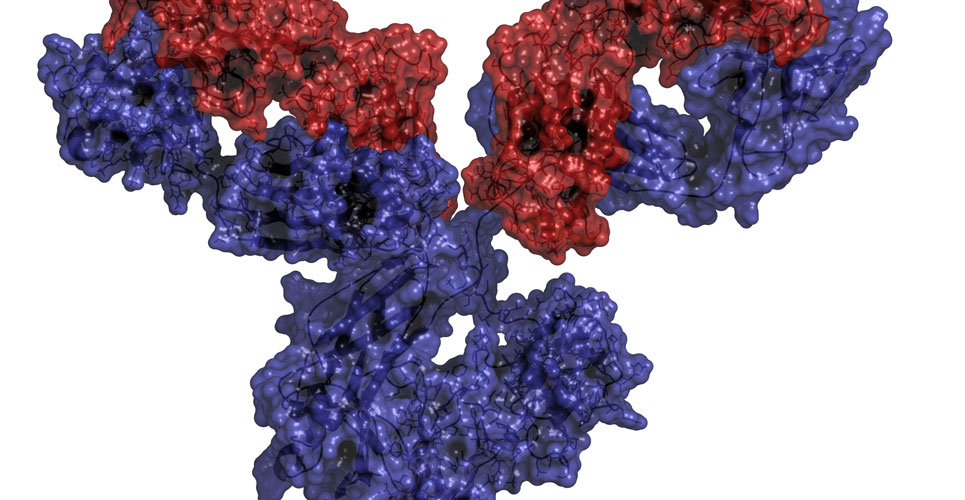Data from a Phase I study to evaluate the pharmacokinetics, efficacy and safety of subcutaneous CT-P13 compared with the IV formulation in people with IBD have been presented.
The pivotal study demonstrated that Celltrion Healthcare’s CT-P13 SC showed non-inferiority in pharmacokinetics to CT-P13 IV as determined by the trough concentration, pre-dose level (Ctrough) at week 22.
In the study, 136 patients were enrolled and 131 were randomised (66 to CT-P13 SC and 65 to CT-P13 IV). After loading doses of IV 5mg/kg at weeks 0 and 2, patients were randomised at week 6 to receive either CT-P13 SC 120mg (<80kg) or 240mg (≥80kg) every 2 weeks in the CT-P13 SC arm, or CT-P13 IV 5mg/kg every 8 weeks in the CT-P13 IV arm.
In terms of efficacy, both clinical response and remission in patients were induced and maintained, and the overall efficacy results of CT-P13 SC were comparable. The combined clinical remission rates for CD and UC patients at week 30 were comparable between CT-P13 IV and CT-P13 SC (66.7%, 44 out of 66 patients in CT-P13 SC arm and 54.7%, 35 out of 64 patients in CT-P13 IV, p=0.1620). The safety profile of CT-P13 SC was comparable to CT-P13 IV. In addition, fewer patients were found to have positive anti-drug-antibodies with CT-P13 SC compared with CT-P13 IV.
“CT-P13, a biosimilar of infliximab, has already been thoroughly characterised as a prime choice for intravenous infliximab therapy in the past with dedicated trials demonstrating clinical similarity in comparison with the originator molecule in both RA and IBD. The new, highly innovative SC formulation of infliximab has been specifically developed to address unmet needs in maintenance therapy. Our results from the ongoing development program for SC CT-P13 infliximab are promising. CT-P13 SC infliximab has the potential to become the most innovative biosimilar treatment – improving convenience and allowing patients to have more control of their treatment in addition to direct clinical benefits,” said Professor Stefan Schreiber, Director of the Clinic for Internal Medicine at Kiel Campus of the University Hospital Schleswig-Holstein in Germany and first author of the study. “Not without reason the IV/SC sequence therapy that has been implemented into most development paths for novel molecules.”
“A new subcutaneous formulation of infliximab has the potential to change the way patients manage their condition on a day-to-day basis, offering them greater choice and convenience in the long term. Furthermore, offering patients the option to self-administer will reduce demand on healthcare systems, by lessening patient time spent in hospitals, keeping patients out of clinics and providing clinicians with additional time to spend with other patients,” said Mr Hyoung-Ki Kim, Vice Chairman at Celltrion Healthcare. “This new formulation could create a new treatment paradigm with IV/SC sequence therapy making treatment affordable, convenient and personalised.”

